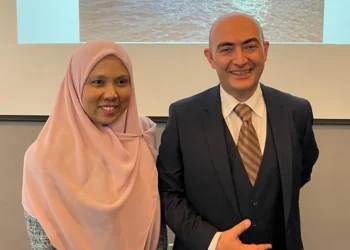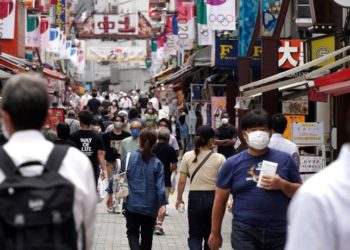New Zealand has secured the production of three more Avatar films as part of a deal that will also see a boost in funding for local films.
But the deal necessary to have the Avatar films made in New Zealand, announced by Prime Minister John Key today, means taxpayers giving more money back to overseas film companies.
Under a memorandum of understanding signed by director James Cameron, producer Jon Landau, Lightstorm Entertainment, Twentieth Century Fox, and the Government, at least $500 million will be spent in New Zealand making Avatars two, three, and four.
The first Avatar movie, which had a lot of New Zealand input, was the biggest-earning film in history.
But the Government, which had earlier ruled out a straight rebate increase, bowed to pressure and increased the rebate for big budget films made in New Zealand from 15 to 20 per cent, meaning film companies recoup more money they spend on the films in New Zealand.
Economic Development Minister Steven Joyce, who previously ruled out increasing the rebate, insisted this was not a u-turn.
“We can’t just keep increasing incentives,” he said.
“What we have got is small increases which make it attractive for these films.”
They came on top of other initiatives to boost the local industry.
Economic Development Minister Chris Finlayson said there would be a further 5 per cent rebate for films that had significant economic benefit and would strengthen the local industry. The Avatar films were eligible for this, taking their rebate to 25 per cent.
As part of the deal, New Zealand would host a red carpet premiere for at least one of the Avatar films and a “featurette” on New Zealand would be included on DVDs and Blu Rays.
Cameron said the films would not have been made in New Zealand if the Government had not increased the rebate.
Design work was already underway on the Avatar films which could, at their peak, employ “thousands” of people directly and indirectly.
Speaking after the announcement, Wellington Mayor Celia Wade-Brown said it was “great” to know three more films would be made in Wellington.
Last year, there was $828 million in film revenue in Wellington alone, she said.
Part of today’s announcement also focused on local productions, which could see the Government funding bigger-budget films but also taking profits back off them if they made money.
The New Zealand Screen Production Grant will start in April next year, replacing the existing Large Budget Grant and Screen Production Innovation Fund.
Under the new grant is a category in which the Government will fund up to 40 per cent of films or television programmes with budgets between $15m and $50m. However, unlike previous grants, this one would be an “equity share” meaning the Government would have shares in the production.
Speaking after the announcement, incoming New Zealand Film Commission chief executive Dave Gibson said the new category was a “huge bonus” for the local industry because it meant bigger-budget local films could be made here.
It could lure back to New Zealand the likes of director Roger Donaldson, who started his career in New Zealand with the likes of Sleeping Dogs and Smash Palace but was now based offshore.
Movies such as Once Were Warriors, Whale Rider, and Utu – if made now – would be likely to cost more than $15m, he said.
stuff.co.nz














